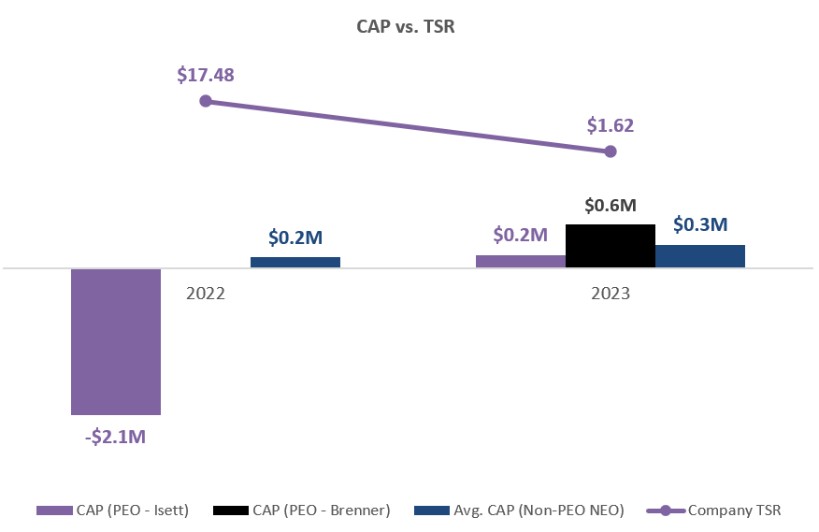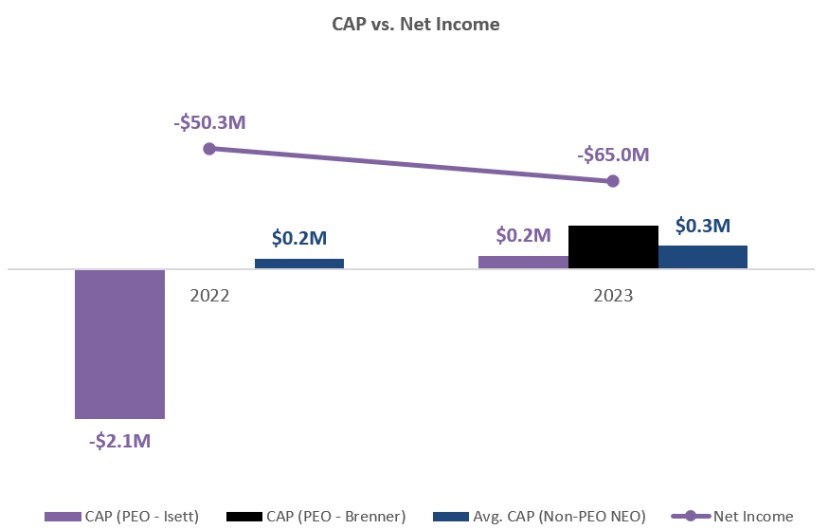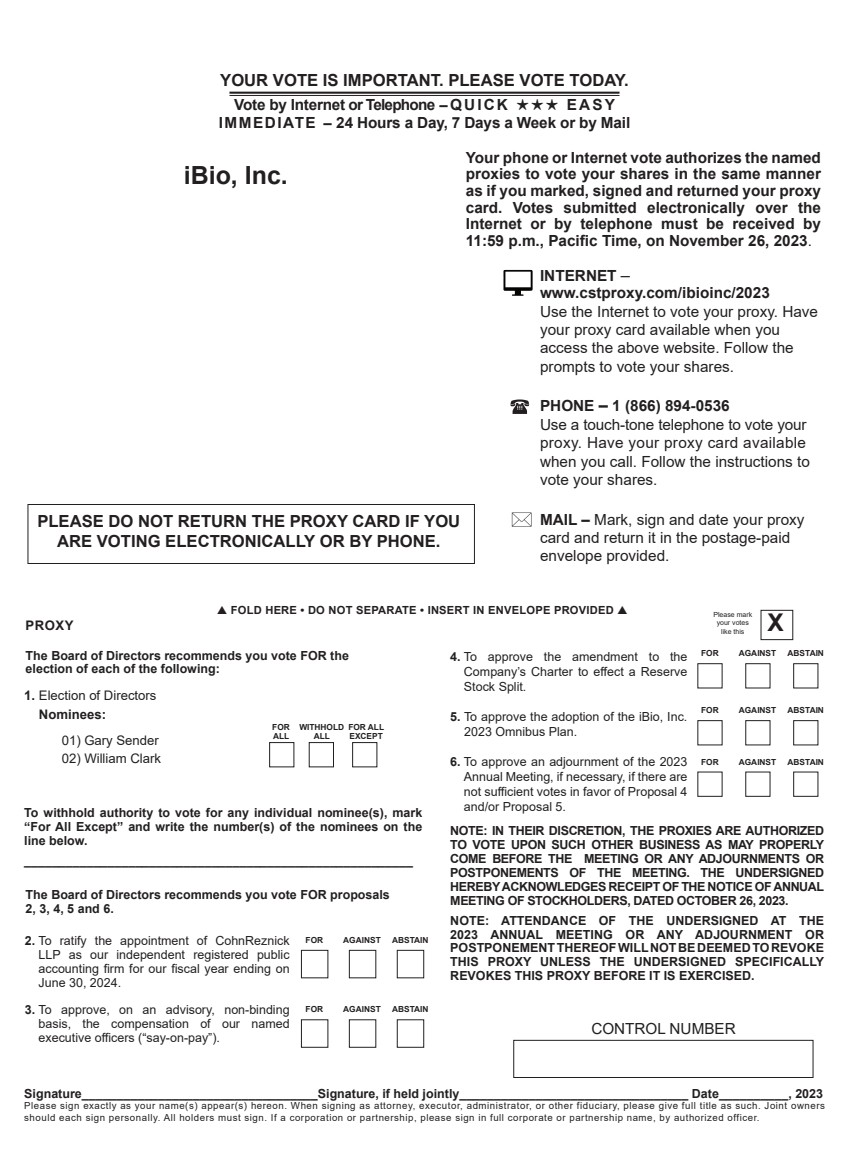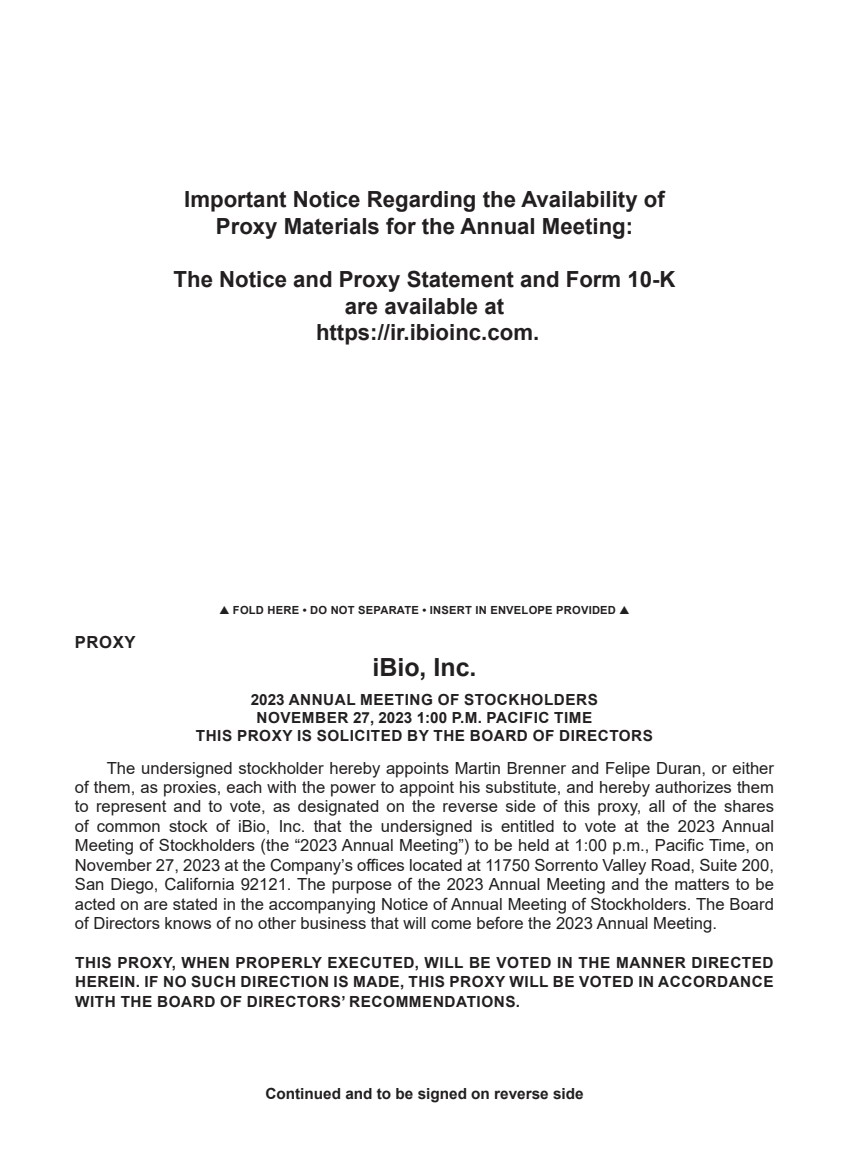Preferred director for as long as we hold at least 1,500,000 shares of RubrYc stock, the right to vote on an as-converted basis, certain anti-dilution and other protective provisions, the right to convert the Series A-2 Preferred into shares of RubrYc common stock at our option, and mandatory conversion of the Series A-2 Preferred into shares of RubrYc common stock upon (a) the closing of a firm-commitment underwritten public offering to the public pursuant to an effective registration statement under the Securities Act of 1933, as amended, for shares of RubrYc common stock at a per share price of at least five (5) times the Series A-2 Original Issue Price (as defined in the Amended RubrYc COI) and resulting in at least $30,000,000 of gross proceeds to RubrYc or (b) such other date, time or event, specified by vote or written consent of the majority of the aggregate voting power, on an as-converted basis, of the RubrYc Series A preferred stock (“Series A Preferred” and together with the Series A-2 Preferred, the “Senior Preferred Stock”) and Series A-2 Preferred. The Right of First Refusal and Co-Sale Agreement gives RubrYc the right of first refusal on stock sales by key holders, generally defined as founders, and a second right of first refusal and a co-sale right to specified other investors, including certain holders of Senior Preferred Stock and the Company.
The Investors’ Rights Agreement provides the holders of Senior Preferred Stock with, among things: (i) demand registration rights, under specified circumstances; (ii) piggyback registration rights in the event of a company registered offering; (iii) lock-up and market-standoff obligations following a registered underwritten public offering; (iv) preemptive rights on company offered securities; and (v) additional protective covenants that require the approval at least two of the three directors elected by the holders of the Senior Preferred Stock.
Pursuant to the Voting Agreement, certain RubrYc stockholders are contractually obligated to, among other things, vote for and maintain the authorized number of directors at five members, one of which the Company has the contractual right to elect subject to the conditions set forth above.
Purchase Agreement: On September 16, 2022, iBio entered into an asset purchase agreement (the “Purchase Agreement”) with RubrYc in order to acquire substantially all of its assets, including the AI Drug Discovery Platform, RTX-003 (IBIO-101), all Selected Compounds, three additional immune-oncology candidates, a PD-1 agonist, in addition to lab and technology equipment. On September 19, 2022, in connection with the closing of the acquisition, the Company entered into a termination agreement (the “Termination Agreement”) with RubrYc in order terminate the RTX-003 License Agreement and the Collaboration Agreement, which terminated any and all future milestone payments or royalty obligations we had under those agreements. Under the terms of the Purchase Agreement, upon closing of the acquisition, the Company made an upfront payment of approximately $1,000,000 by issuing 102,354 (post reverse split effected in October 2022) shares of our common stock, par value $.001 per share (the “Common Stock”) to RubrYc. RubrYc is also eligible to receive up to $5,000,000 in development milestone over the period of five years from the date of the Purchase Agreement, which can be paid in shares of our Common Stock or cash, at our sole discretion. In addition, we had advanced RubrYc $484,000 to support their operation costs during the negotiation period and incurred transaction costs totaling $208,000, which were also capitalized as part of the assets acquired. The assets acquired include the patented AI drug discovery platform, all rights with no future milestone payments or royalty obligations, to IBIO-101 (RTX-003), in addition to CCR8, EGFRvIII, MUC16, CD3 and one additional immuno-oncology candidate plus a PD-1 agonist. The Purchase Agreement contained representations, warranties and covenants of RubrYc and the Company. The acquisition closed on September 19, 2022 after receipt of approval of the NYSE American.
Review, Approval and Ratification of Transactions with Related Persons
The general policy of iBio and our Audit Committee is that all material transactions with a related-party and agreements with related parties, as well as all material transactions in which there is an actual, or in some cases, perceived, conflict of interest, will be subject to prior review and approval by our Audit Committee and its independent members, which will determine whether such transactions or proposals are fair and reasonable to our Company and our stockholders. In general, potential related-party transactions will be identified by our management and discussed with our Audit Committee at our Audit Committee’s meetings. Detailed proposals, including, where applicable, financial and legal analyses, alternatives and management recommendations, will be provided to our Audit Committee with respect to each issue under consideration and decisions will be made by our Audit Committee with respect to the foregoing related-party transactions after opportunity for discussion and review of materials. When applicable, our Audit Committee will request





